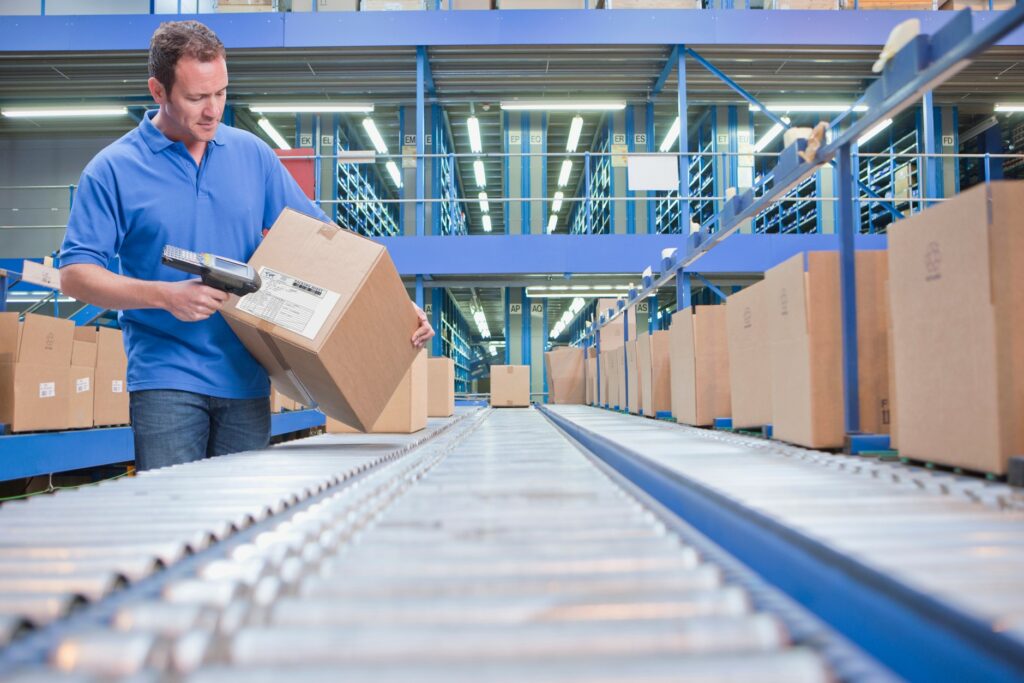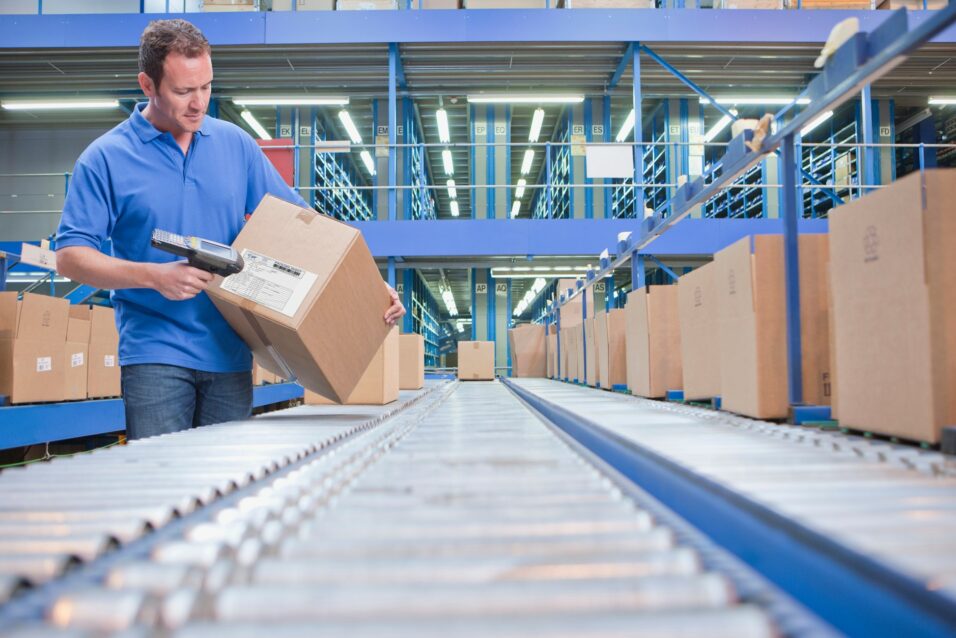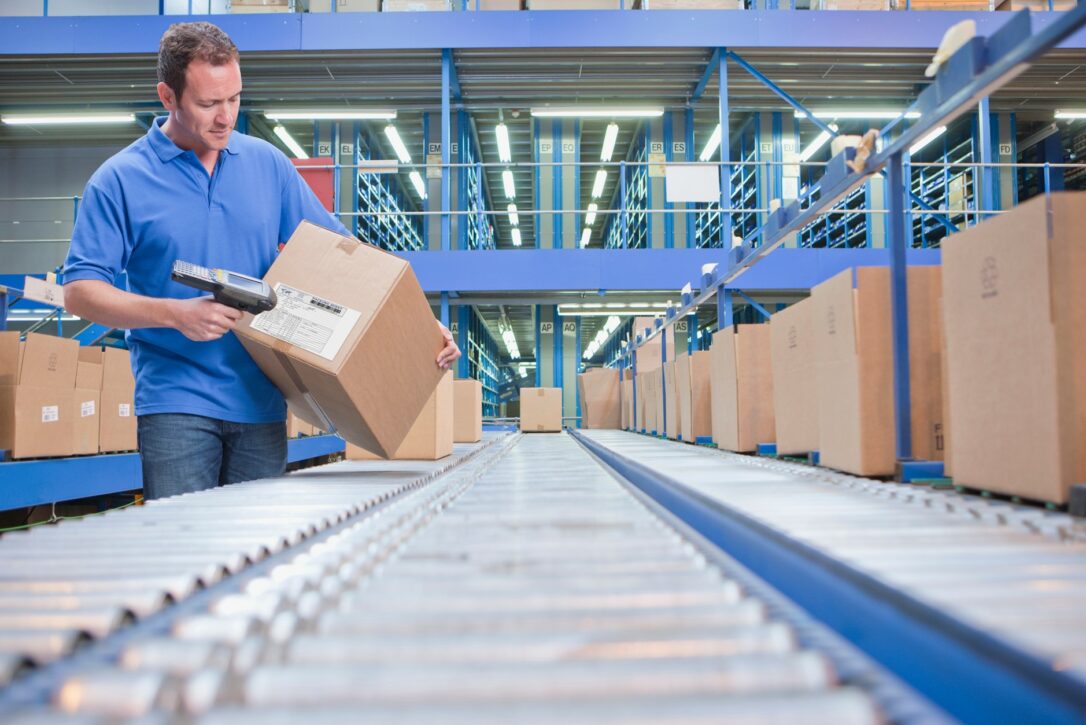



The Year of Warehousing – Prioritising Safety and Security in Modern Logistics
By Chubb | 18th June 2024
In 2024, the UK Warehousing Association (UKWA) officially declared it “The Year of Warehousing”, by launching an initiative to spotlight the essential role of warehouses in enhancing efficient supply chains and supporting the UK economy. This year-long campaign aims to celebrate and elevate the profile of an industry that is not only a cornerstone of logistics but also a major employer and a key player in sustainable practices.
Despite the rapid growth warehousing has seen in recent years, it remains one of the least understood sectors in the UK. The UKWA believes that this is partly because people rarely see what happens inside these often vast buildings, where countless products are processed every day. The essential work carried out in warehouses has always been ‘behind the scenes’ and therefore remains largely under-appreciated.
Warehousing and the logistics sector together contribute £163bn GVA to the UK economy,1 and the sector is both a major employer and a force for social mobility. The Year of Warehousing therefore aims to turn the spotlight onto the millions of people who work in warehousing, and celebrate the vital contribution this sector makes to the UK economy.
The vital role of warehousing in modern logistics
Warehouses serve as the pivotal hub in the logistics network, enabling the smooth flow of goods from manufacturers to consumers. The warehousing sector has seen a 61% growth since 2015, with the total space now nearing 700 million square feet. This expansion is largely driven by the skyrocketing demand from online retail, which has increased warehouse occupancy by 813% over the same period.2
The latest report from Savills highlights the strategic evolution of warehousing locations and sizes to meet changing market demands. Notably, the development of large-scale warehouses over 1 million square feet has increased by 345% in the past decade. Such growth reflects the sector’s response to economic trends, including the rise of e-commerce and the need for rapid delivery systems.2
Importance of warehouse safety and security
As warehouses grow in both size and complexity, the importance of implementing robust safety and security measures increases significantly. Ensuring the safety and security of these facilities is not just about protecting assets but also about safeguarding the workforce and supporting the uninterrupted flow of the supply chain.
Fire safety solutions in warehousing
Fire safety is paramount in warehousing due to the high risk associated with storing vast quantities of goods in confined spaces. Effective fire safety strategies not only protect lives and prevent loss of property but also ensure business continuity.
Chubb provides a one-stop shop for all your fire safety needs. Just some of Chubb’s fire safety solutions for warehouses include:
- Comprehensive Risk Assessments: Regular evaluations are crucial to identify and mitigate potential fire hazards, ensuring that all aspects of the warehouse operation are scrutinised.
- Advanced Fire Detection Systems: Early detection can significantly reduce the impact of fires, using state-of-the-art technology to alert staff and activate suppression systems swiftly.
- Effective Fire Suppression Systems: Depending on the stored goods, tailored solutions such as sprinklers or gas-based systems are vital for quickly containing fires.
- Evacuation Protocols: Clearly defined and regularly rehearsed evacuation procedures ensure that all warehouse occupants can exit safely in an emergency.
- Employee Training: Regular training sessions are essential to familiarise staff with fire safety protocols and the operation of vital fire safety equipment.
- Safety Signage and Clear Exits: Well-marked exits and fire equipment signs help maintain order during emergencies, preventing injuries and facilitating quick evacuations.
Security solutions for warehouses
Security in warehousing extends beyond preventing theft. It encompasses the protection of assets from damage, unauthorised access, and other security breaches that could disrupt operations.
Chubb offers scalable and integrated innovative security systems and technologies to keep warehouses, and the people and assets within them, safe and secure. Just some of Chubb’s security solutions for warehouses include:
- Intruder Alarms and Detection: Sophisticated systems detect unauthorised access, alerting security staff and preventing potential theft or damage.
- Perimeter Protection: Fencing, gates, and barriers are critical in fortifying the premises against unauthorised entry, supplemented by adequate lighting to deter intruders.
- CCTV Surveillance: Extensive camera systems monitor all areas of the warehouse, ensuring that all activities are observed for signs of disturbance or unauthorised entry.
- Access Control Systems: These systems restrict entry to authorised people only, which is crucial for areas where sensitive or high-value items are stored.
- Remote Monitoring: Modern technologies allow for the remote surveillance of facilities, ensuring that security protocols are adhered to even when no one is on-site. Chubb’s remote monitoring by our own alarm receiving centre 24/7/365 means warehouse owners can rest assured that should a security breach be detected, our team can respond immediately.
The critical role of fire safety and security in modern warehouses cannot be overstated. As the warehousing sector continues to expand and evolve, the implementation of advanced safety and security measures is paramount.
“The Year of Warehousing” serves as a timely reminder of the importance of these practices, not only in protecting physical assets and people but in ensuring the overall resilience and reliability of the supply chain. By prioritising these aspects, the warehousing industry not only enhances its operational effectiveness but also contributes significantly to the UK’s broader economic stability and growth.
This blog is not an advertisement or advice document. It provides general information about a topic. You are responsible for complying with any legal or regulatory requirements that apply to you.
 Global network
Global network
